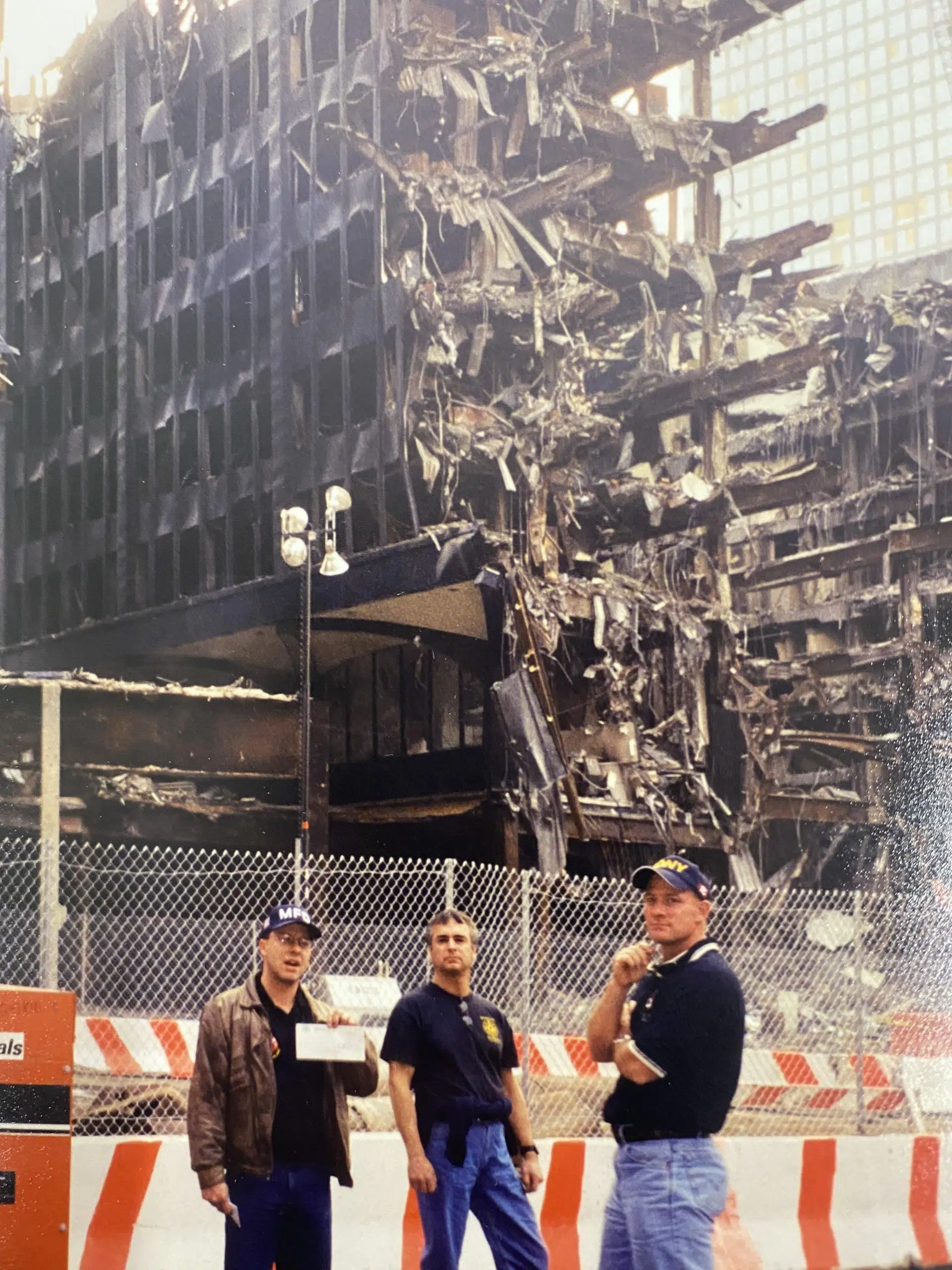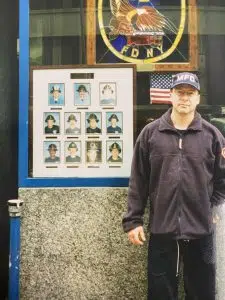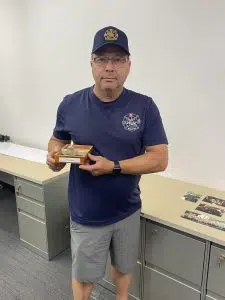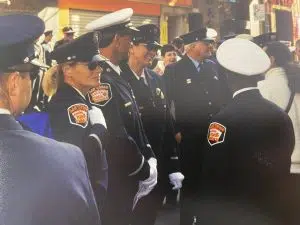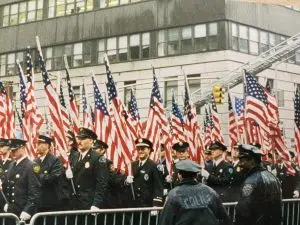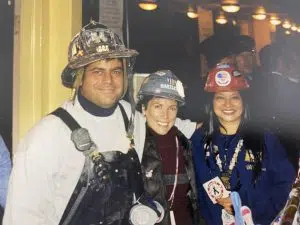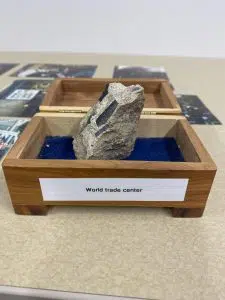Twenty years later, September 11, 2001 is still fresh on the minds of many.
That includes retired firefighter from Moncton, New Brunswick Bob Leblanc.
“We working working that day. It was morning and the TV’s were on CNN at the time. We couldn’t believe it. It just kept unfolding, and unfolding. Not many of us got any sleep, we were just fixated on watching TV that day.”
He went to Ground Zero about a month and a half after the attacks.
“I just wanted to do something to help. We did a boot fundraiser in Moncton and raised thousands of dollars. I talked to the Chief and asked if I could go to Ground Zero to present the cheque,” Leblanc says.
Leblanc describes it as surreal, as the buildings were still smouldering and crews were digging through the rubble, “We took a taxi down to Ground Zero and we asked them to take us as close as they can. The four of us got to this plywood makeshift wall that was all the way around Ground Zero. There was a policeman at the gate, and we asked if we could get any closer. We showed him our ID and he let us in. It was like Planet of the Apes kind of surreal. Everything was dead quiet and gray. We got so close that the four of us have a piece of the World Trade Centre.”
He remembers one of the eeriest moments, when things went dead silent, “All of the machinery would stop. A fire truck would back up and come into Ground Zero. They found a firefighter. Once they recognized his jacket and what station he was at, they would call that station to come down and carry him out, in honour. That was really eerie to see the truck pull up and see the flag over the stretcher and see them bring the firefighter out of Ground Zero.”
Leblanc was also one of 343 firefighters chosen from across North America to return to New York City for a parade a year later, “They needed 343 firefighters, in Madison Square Gardens, to represent all of the firefighters that perished, and we were all given a flag. I was lucky enough to be chosen from across North America. “It rained all weekend for the parade, it never stopped. It was unbelievable, and there was still 50, 000 firefighters walking in the street.”
“When we arrived in New York in firefighter uniforms, the three days we were there, everywhere we went we were treated like kings. But we felt guilty because we weren’t the ones digging, and didn’t know those who perished. But it gave us a sense of pride.”
Leblanc says he doesn’t think about 9/11 as much as he used to, but when it gets closer to September 11 every year, he takes out his book and looks at the pictures.
“We risk our lives everyday. We don’t think about what is going to happen once we are inside. We train for that, but as far as a total building collapse like that, I don’t think they expected that was going to happen. We have a thing in the fire department, Risk a lot to save a lot. A lot is a life. Risk a little to save a little. If it is just building, there is no one inside, we aren’t going to risk our lives. That day, they risked a lot not knowing it was coming down. No one knew. Engineers, two to three years later talked about it and said there was no reason that building should have come down. So that’s why so many perished,” Leblanc says.


